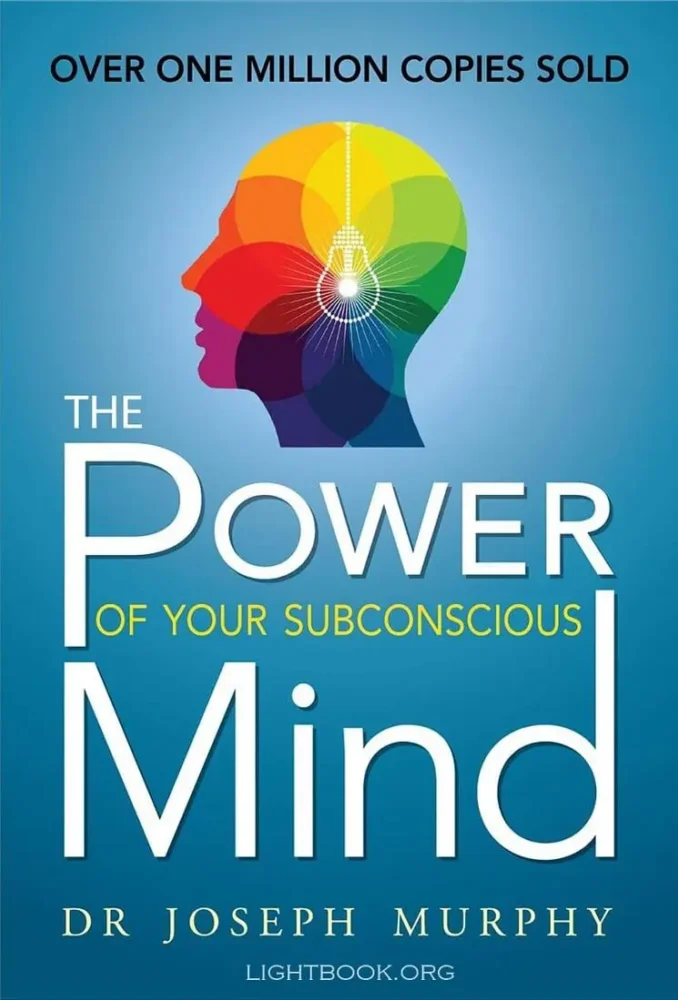Signs of Fake Love and How to Recognize Them Clearly
Signs of Fake Love and How to Recognize Them Clearly
Superficial Emotions and Their Impact on Relationships
Love is an essential part of human relationships, adding flavor and meaning to life. However, fake love raises many questions about the essence of emotional bonds. These feelings may manifest as kind words or cheerful actions, but they often lack depth and sincerity. Fake love often arises from personal motives or interests, making it unsustainable. In this article, we will examine various aspects and their impact on individuals and relationships, as well as strategies for recognizing and addressing them to prevent negative consequences.

Types of Fake Love
Interest-Based Love
Interest-based love occurs when feelings are linked to a specific benefit, such as money or social status. In this case, a person may pretend to have genuine emotions to achieve personal goals, leading to unsustainable relationships. Someone entering a relationship based on interest is often unprepared to provide real emotional support, resulting in feelings of betrayal and frustration for the other party. Such relationships frequently lack depth and understanding, making them vulnerable to collapse when interests are not met. Ultimately, the affected party finds themselves trapped in a cycle of pain and distrust.
Superficial and Appearances-Based Love
Superficial love pertains more to appearances than to substance, focusing on outward looks or social behaviors. These relationships may seem ideal at first glance, but they lack genuine feelings. Individuals in these relationships may find themselves pretending to love or care, while they are not emotionally connected in reality. This type of love can lead to painful experiences, as individuals feel isolated even in social interactions. Additionally, superficial relationships often dissolve quickly when faced with any challenges, rendering them unsustainable.
Causes of the Spread of Fake Love
Societal Pressures
Social pressures significantly contribute to the proliferation, as individuals strive to meet societal expectations. Under these pressures, some may feel the need to pretend to love or engage in insincere relationships to ensure acceptance. Media and society often promote idealized models of love, making individuals feel compelled to emulate these standards. This can lead to feelings of inadequacy and anxiety, as individuals attempt to meet unrealistic benchmarks. Ultimately, fake love becomes a coping mechanism for societal pressures.
The Impact of Digital Culture
Digital culture plays a significant role in shaping emotional concepts, providing social media platforms with tools for quick and direct interaction. These platforms encourage superficial displays, causing individuals to focus more on appearances than on substance. Likes and comments become measures of love and value in relationships, increasing the likelihood of engaging in fake connections. People may feel pressured to appear happy on social media, leading them to emphasize an ideal image rather than genuine emotional experiences. In this cultural context, true love becomes rare and elusive.
Signs of Fake Love
Fluctuating Emotions
One prominent sign of fake love is the fluctuation of emotions. Individuals experiencing false love may appear enthusiastic one moment, only to become cold or indifferent when faced with challenges. This rapid change reflects the instability of the relationship, leading to feelings of doubt and insecurity in the other party. When emotions are unstable, building trust and understanding becomes difficult. In such cases, the affected individual may feel anxious about the other’s feelings, resulting in recurring conflicts and psychological struggles.
Lack of Commitment
A lack of commitment is another clear indication. In relationships founded on false love, individuals may shy away from serious commitments, such as marriage or stability. This can create a sense of insecurity for the other person, further complicating the relationship. Those who lack commitment often prefer to remain in their comfort zones rather than face emotional challenges. Ultimately, this type of commitment deficit can lead to the disintegration of the relationship, as the other party feels betrayed and neglected.
Impact of Fake Love on Individuals
Psychological Impact
Fake love deeply impacts an individual’s psychology, leading to feelings of frustration and diminished self-esteem. Those exposed to this type of love often experience isolation and anxiety, facing internal conflicts regarding their self-worth. This can result in low morale, affecting other aspects of their lives, such as work and social relationships. The negative psychological impact may persist for a long time, making it challenging for individuals to build healthy connections in the future.
Social Impact
It can also lead to social conflicts, as individuals encounter challenges in forming healthy relationships. Superficial relationships may create an atmosphere of distrust and anxiety, leading to disputes with friends and family. Individuals may find themselves in awkward situations requiring them to explain their feelings or actions. This type of social pressure can result in feelings of loneliness and isolation. Ultimately, these effects can erode social bonds and enhance feelings of frustration.
Recognizing Fake Love
Warning Signs
Recognizing fake love involves identifying a range of signs. Among the most prominent are recurring doubts about the authenticity of feelings or a sense of discomfort within the relationship. These signs may include an inability to speak honestly about emotions or future goals. Individuals should be aware of these signs and strive to understand their motives and those of their partner. Self-awareness plays a crucial role in avoiding entanglement in unhealthy relationships. If feelings are unclear or conflicting, individuals should consider reevaluating their connections.
Psychological Tools
Certain psychological tools can aid individuals in recognizing fake love. Practicing mindfulness and self-reflection is essential for understanding emotions more deeply. Therapy sessions can also be beneficial, providing a safe space to express feelings and comprehend relationships. These tools help individuals develop greater emotional awareness, enabling them to make more conscious decisions regarding their connections. By learning about themselves, individuals become better equipped to discern true love from fake love.

Dealing with Fake Love
Reevaluating Relationships
Upon recognizing fake love, individuals should reassess their relationships honestly. This requires deep reflection on emotions and goals. Writing down thoughts and feelings can help clarify issues. If the relationship is unhealthy, one must be prepared to speak openly with the other party about their feelings. Sometimes, it may be necessary to end the relationship if it harms one’s mental health. This does not signify failure; rather, it is a step toward building healthier and more truthful connections.
Honest Communication
Honest communication is key to addressing fake love. Both parties should strive to discuss their feelings openly and address any negative emotions that may exist. Being candid about emotions can open new avenues for understanding and connection. While these conversations may be challenging, they are essential for fostering healthy relationships. Through effective communication, individuals can build trust and navigate emotional hurdles together.
Building Relationships Based on True Love
The Importance of Honesty and Respect
Building relationships based on true love requires effort and time. There must be a willingness to communicate honestly and respect each other. Both parties must share their values and goals and work together to achieve them. Healthy relationships rely on trust, understanding, and mutual support. Individuals should aim to establish a strong foundation of honesty and respect, which enhances the stability of the relationship over time. True love demands commitment from both parties to work together toward building something sustainable.
Steps to Build Trust
Certain practical steps can facilitate trust-building between individuals. Regular and open communication about emotions and thoughts is essential. Additionally, providing emotional support during difficult times is vital. Shared activities, such as spending time together and engaging in hobbies, can strengthen bonds. Individuals should strive for transparency in their actions and thoughts, which fosters mutual trust. Ultimately, building trust requires time and effort, but it is a worthwhile endeavor.
Case Studies
Examples of Fake Love
Real-life examples can illustrate its impact on individuals. Some people have experienced relationships based on interests, leading to painful experiences. While these relationships may be exciting initially, issues of insincerity and lack of genuine feelings emerge over time. Conversely, others have managed to move past these relationships and build healthy connections by learning from their experiences, highlighting the importance of learning from past mistakes.
Success Stories in Overcoming Fake Love
Success stories can inspire others to overcome fake love. Those who have recognized their fake relationships often use the lessons learned to build healthier connections. Such individuals frequently share their experiences, helping others avoid similar mistakes. Through social support and the exchange of experiences, individuals can enhance emotional awareness and cultivate relationships rooted in true love.
The Role of Education in Addressing Fake Love
Promoting Emotional Awareness
Education is a crucial factor in addressing fake love. Enhancing emotional awareness in schools and communities helps individuals understand their own and others’ feelings better. Teaching students how to recognize and express emotions healthily can lay the groundwork for more positive relationships in the future.
Awareness Programs
Awareness programs can contribute to educating individuals about building healthy relationships and avoiding superficial connections. These programs may include workshops and lectures that promote emotional understanding. Through education, a culture of true love and mutual respect can be fostered, helping individuals thrive in their emotional and social lives.

Conclusion
In conclusion, fake love is a common phenomenon in human relationships, significantly impacting individuals and communities. By recognizing the signs and understanding their causes, individuals can take steps toward building healthier, more genuine relationships. The most crucial aspect is self-awareness and the desire to improve the quality of relationships, leading to a more fulfilling and happy emotional life. Individuals should strive for true love that encompasses honesty, respect, and mutual support.
Recommendations
Individuals should enhance healthy relationships through honest communication and mutual respect. Periodically evaluating relationships to ensure they are based on true love rather than interests is essential. Additionally, fostering a culture of emotional awareness in society through education and awareness programs contributes to a deeper understanding of human relationships. By taking these steps, individuals can achieve lasting connections filled with genuine love.
Related Posts
- Cultural Development: A Key Pillar for Community Growth
- How to Overcome Depression: A Comprehensive Overview
- True Love: A Journey Back to Humanity
- Life’s Depth: From Superficiality to True Meaning
- Return to Homeland: Rising from the Grip of Corruption
- Success Without Humanity: How Humanity Gets Lost in Fame
Rebuilding Humanity in a World of Unknown Futures







